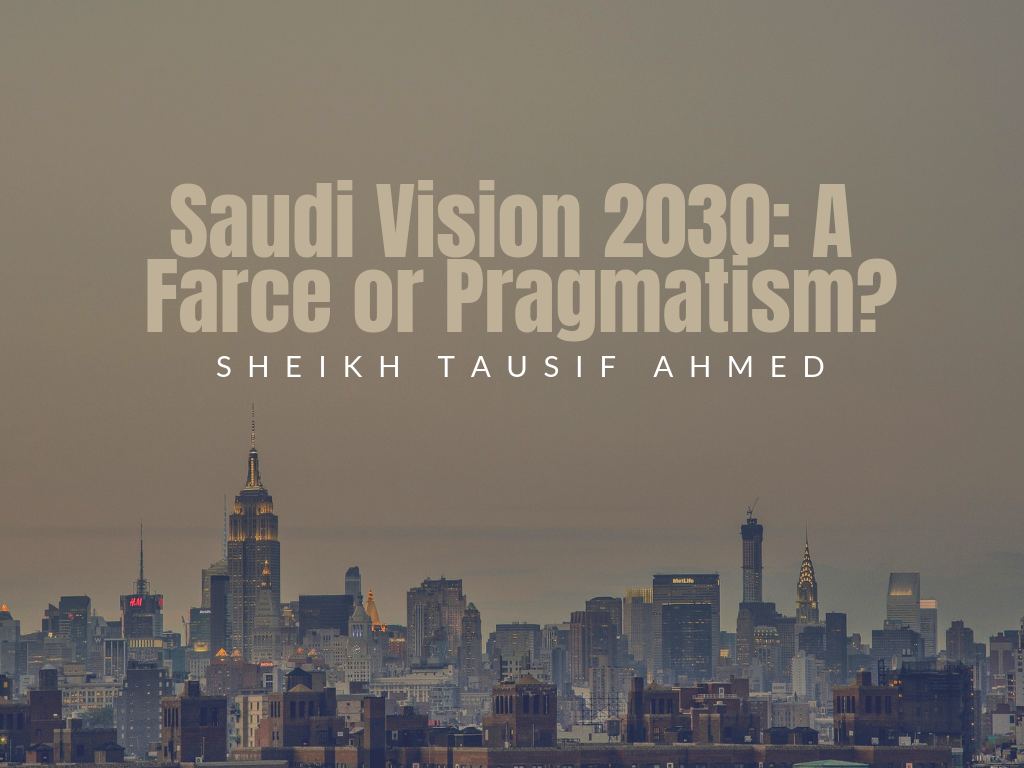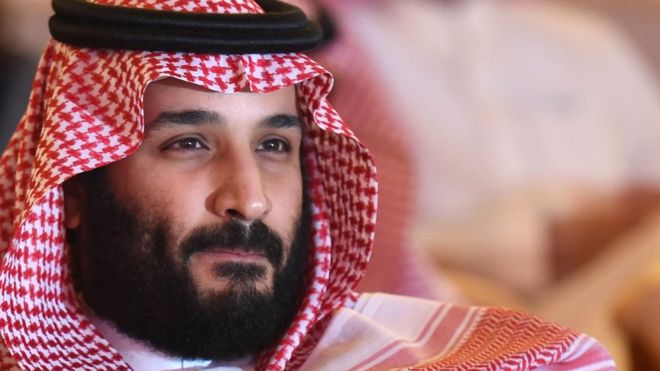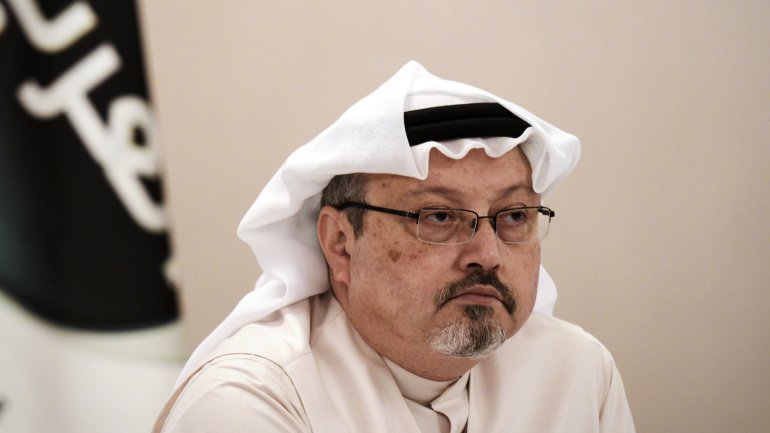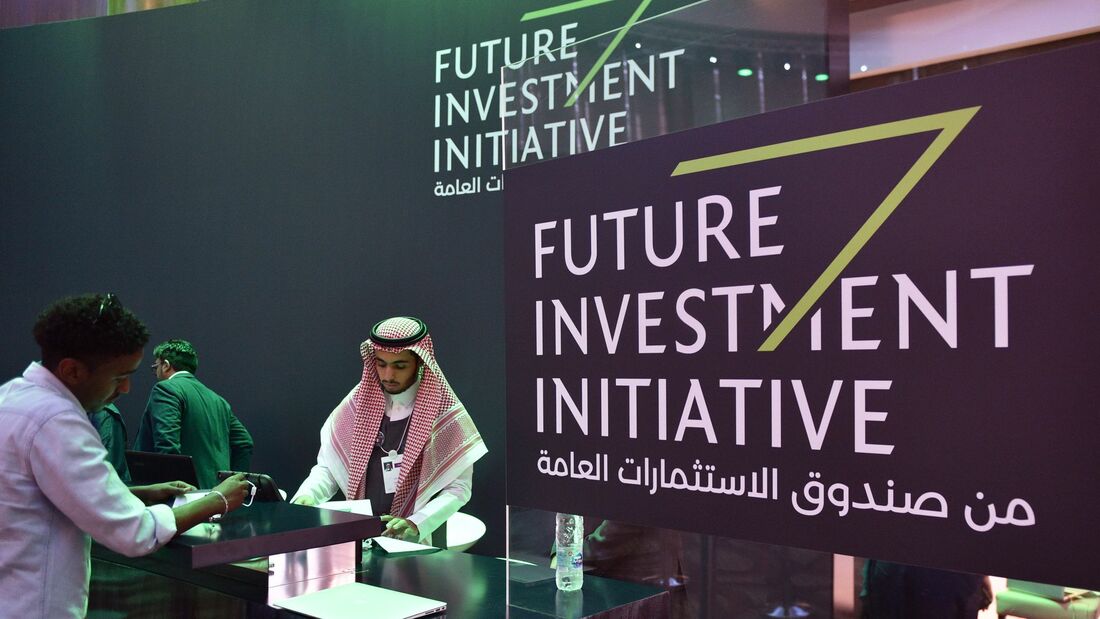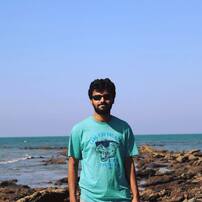ECONOMICS STUDY CENTER, UNIVERSITY OF DHAKA
|
Sheikh Tausif Ahmed Saudi Arabia is probably one of the most reserved countries in the world. But, in recent times, there has been a change in this regard, under the leadership of crown-prince Mohammad Bin Salman, de-facto ruler of the peninsula. Colloquially known as MBS, the prince brought about a change with his vision 2030, where he declared intent to reduce Saudi Arabia's dependence on oil, diversify its economy, and develop public service sectors such as health, education, infrastructure, recreation and tourism. At the center of this plan is the $500 billion city of the future ‘NEOM’, located near the border with Jordan & Egypt, which was announced in 2017. Saudi Arabia also wants to bring about social changes under this new leadership like- more freedom for women & more open practice of Islam etc. But all of these initiatives faced a hard knock after the assassination of Saudi journalist Jamal Khashoggi. Khashoggi was murdered inside the Saudi consulate in Turkey, allegedly by people close to MBS. Even though he denies any involvement in the process, many international experts believe it couldn’t have been possible without Mohammad Bin Salman’s direct knowledge. Murder of this renowned Washington Post journalist, triggered a global outrage, with widespread anger & condemnation towards the Saudi regime which marred the image of this new, progressive leadership of Bin Salman. It specially made the investors look away from Saudi Arabia in fear of controversies. In 2018 just after the killing of Khashoggi, Saudi Arabia arranged ‘Future Investment Initiative’ also termed as "Davos in the Desert", where they called on investors to participate & see the investment opportunities. SoftBank founder Masayoshi Son, who pledged $45 billion in investment, backed out of this event. Other well-known CEOs from Uber, Siemens, JPMorgan Chase also backed out of the event which put Bin Salman’s plan to bring change to the economy into jeopardy. The two massive tourism projects along the Red Sea planned by the Saudi government were to be run under the directorship of Richard Branson. On 11 October 2018, Branson issued a statement that he is suspending his advisory role for the two projects amidst the Jamal Khashoggi controversy. At least six of NEOM's 18 international advisers — including Silicon Valley stars such as Sam Altman — have backed out temporarily or permanently. War in Yemen has also sparked controversies. This war has created one of the largest humanitarian crisis of all time. 18 million Yemenis including children are under the threat of starvation, 8.4 million of them most vulnerable. Saudi war technics in Yemen has garnered them a dark reputation. From bombing school buses to civilian houses, Saudis breached basic rules of war there. These activities forced US senate to bypass President Trump & discontinue military assistance to Saudi Arabia. This situation also made any investment in Saudi Arabia, to become controversial. These developments are seen as huge blows to Saudi Arabia’s plan to diversify its economy. Despite all these bad news, various neighboring countries like UAE, Bahrain, and Lebanon stood by Saudi Arabia at the conference. Some companies sent less known officials. Lure of big investment opportunities will always bring some players on the table. Over time, Saudi Arabia may even be able to attract a lot of investors it lost. But this process will slow down the ambitious economic upheaval plan of the crown prince. They may have to delay the ‘vision 2030’. While the murder of a journalist and an alleged genocide is never acceptable, it may not stop foreign investors in the long–run. In the past Saudi economy faced similar hurdles. From which, they eventually made it through. If history repeats itself, we may yet see another case of Saudi comeback. Sources
0 Comments
Leave a Reply. |
Send your articles to: |
